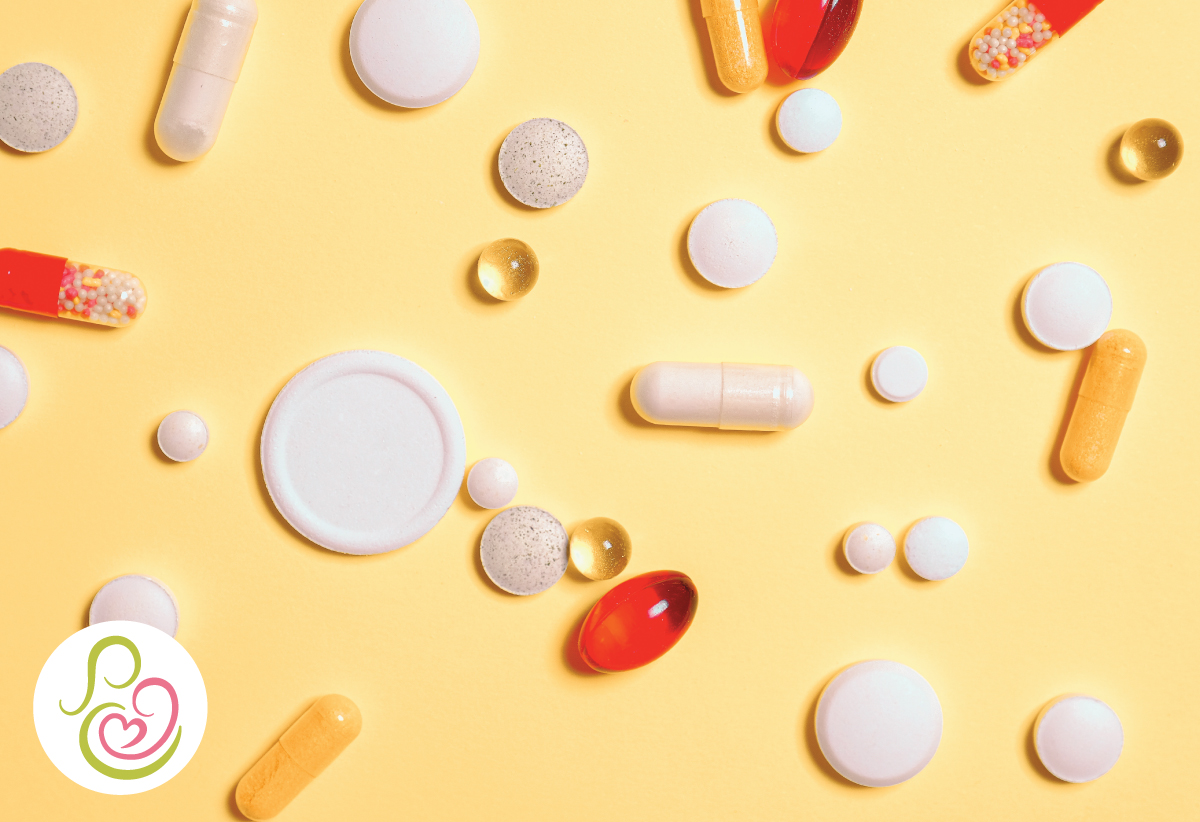Pregnancy is a big change for any expectant mother. From babyproofing the house to preparing a nursery and changing your financial plan, there are a lot of things that are going to shift once a baby is in the future.
Along with all of those things, is your diet. The food you put in your body isn’t just to feed you anymore, it’s now serving as nutrients for the bundle of joy growing inside your womb.
As the baby grows, expectant mothers not only need to increase food intake, you need to make sure your diet includes complex carbs, healthy fats, and protein to keep you and the baby strong.
More specifically, there are a few nutrients you’ll want to ensure are part of your diet.
Folic Acid
First is folic acid (or folate), a B vitamin that plays a vital role in healthy growth and development, especially during the first trimester.
Taking folic acid before and during the first trimester can reduce the risk of neural tube defects (NTDs) by as much as 70%. That includes Spina Bifida, Anencephaly, cleft lip and palate, and congenital heart disease. Women are advised to take 400 mcg of folic acid every day beginning one month before conception and through the first 12 weeks of pregnancy for the best results.
Folic acid supplements are inexpensive and available over the counter. That said, there are more natural ways to intake folic acid, or it’s natural form folate.
One way is through “fortified” or “enriched” grain products, including bread, breakfast cereals, cornmeal, flour, pasta, and products made from a kind of flour called corn masa, like tortillas, tortilla chips, taco shells, tamales, and pupusas.
You also can get folate from some fruits and vegetables, including leafy green vegetables, like spinach and broccoli, lentils and beans, citrus fruits, and orange juice.
DHA
DHA stands for docosahexaenoic acid. It’s a kind of omega-3 fatty acid that is incorporated into nearly every nerve cell in the body and helps with growth and development, specifically of the baby’s nervous system.
During pregnancy, you need 200 milligrams of DHA each day. You can get DHA through some prenatal vitamins and DHA supplements. It can also be found in a number of foods, including fish that are low in mercury, like herring, salmon, trout, anchovies, and halibut, as well as orange juice, milk, and eggs that have DHA added to them (check the label).
Iron
Did you know that you need twice as much iron when you’re pregnant? Your body uses iron to make more blood so it can carry oxygen to your baby. Your baby needs it to produce its own blood.
Most prenatal vitamins contain the 27 milligrams of iron you need during pregnancy. However, there are some foods that are a good source of iron, including lean meat, poultry, seafood, leafy green vegetables, beans, nuts, raisins and other dried fruits, and cereal, bread, and pasta that have iron added to them (check the label).
Calcium
Calcium is a nutrient we always need to help support strong bones, teeth, and muscles. It provides the same benefits for your growing baby.
During pregnancy, you need 1,000 milligrams of calcium each day. That can come from your prenatal vitamins as well as eating foods rich in calcium, like milk and dairy products, broccoli, kale, and some orange juice that has calcium added to it (check the label).
Vitamin D
Vitamin D helps your body absorb the calcium it needs, along with supporting healthy nerves, muscles, and immune system function. Your baby needs vitamin D to help their bones and teeth grow.
You can get the advised 600 IU (international units) of vitamin D each day through prenatal vitamins as well as foods, including fatty fish like salmon, and milk and cereal that has vitamin D added to it (check the label).




